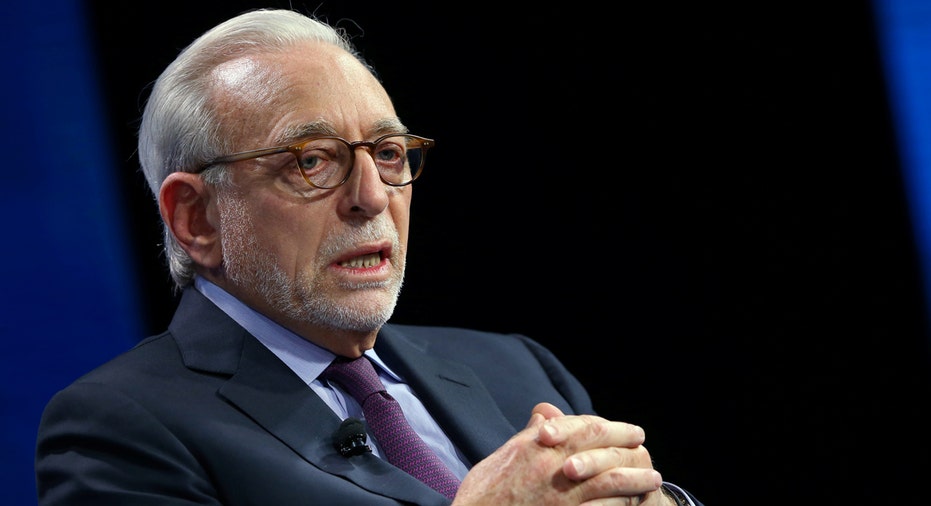Activist Peltz narrowly wins P&G board seat, new count shows

Nelson Peltz narrowly won a seat on the board of Procter & Gamble Co. (NYSE:PG), an official tally showed, an embarrassing turn of events for a company that weeks earlier had claimed to have defeated the activist investor.
After the most expensive proxy fight in history, an independent firm's count of the 2 billion votes that were cast found Mr. Peltz had 42,780 more votes than a P&G director, the company said. That is a margin of 0.0016% of the shares outstanding.
Mr. Peltz quickly claimed a victory Wednesday and called on P&G to concede the contest and let him into its boardroom. But the Cincinnati company didn't admit defeat, saying Mr. Peltz "is leading" but that the tally was still preliminary and subject to review and a challenge period.
"Both parties will have the opportunity to review the results for any discrepancies," P&G said.
Shares of P&G rose about 3% in after-hours trading following the news.
"Trian strongly urges P&G to accept the Inspector's tabulation and not waste further time and shareholder money contesting the outcome of the Annual Meeting," Mr. Peltz's Trian Fund Management said in a news release. "Shareholders have voted, and they have indicated that they want Nelson Peltz to join the Board."
A month ago, P&G announced that its preliminary vote count showed the company's 11 board nominees were elected by 6.15 million votes. The activist had claimed the vote was too close to call.
P&G was the biggest U.S. company by market value to face a proxy contest. The two sides spent at least $60 million and crisscrossed the country for weeks to win shareholder support.
If the result holds up, Mr. Peltz is likely to push the company to simplify its structure and rethink how it positions its brands to recapture market share.
The two sides now head to what is known in activist circles as "the snake pit," where P&G and Trian can investigate each contested vote. It is part of a certification process that checks whether shareholders had the authority to vote, signed and marked ballots correctly and to verify that no one voted more than once.
The activist camp had maintained the vote was too close to call because P&G's initial tally required the company to estimate votes by individuals who supported Mr. Peltz and cast their ballots directly to his fund. P&G had said it was confident the initial count would hold up.
P&G is still deciding whether to contest the results, a person familiar with the matter said.
The tally has been handled by IVS Associates Inc., an independent proxy counting firm, whose employees have reviewed ballots collected by both P&G and Trian. While many votes are cast electronically, IVS also has to check paper ballots by hand.
Typically, IVS's preliminary count is quickly tallied in the week after a vote, but the long delay for the P&G count was viewed as a sign the firm was being extra thorough and careful with the count. That could reduce the chance of a big swing in the recount.
The uncertainty of the P&G vote was magnified by the large portion of shares held by small investors, leaving both sides scrambling for support from some 2.5 million shareholders instead of just a few dozen who typically control such votes. About 40% of P&G stock is owned by retail investors, compared with an average of about 12% in the S&P 500, according to S&P Global Market Intelligence.
On top of that, a significant chunk of the shares were also owned in the actual name of the investors, instead of just brokerage names, which is far more typical. The votes from those shares are only sent to the side who they are voting for, meaning both P&G and Trian had blind spots as they tried to determine the outcome.
Mr. Peltz received 971,953,651 votes, while the P&G director with the least number of votes, Ernesto Zedillo, a former president of Mexico, received 971,910,871 votes, according to the tally by IVS.



















